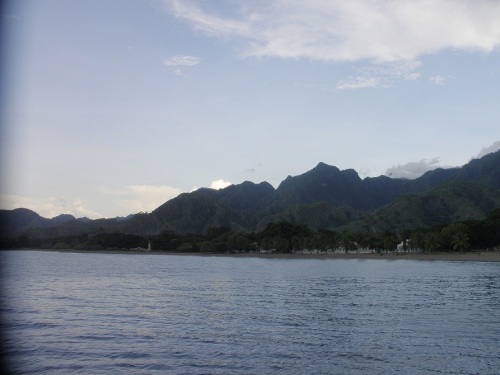The International Monetary Fund (IMF) was conceived in July 1944 and came into existence on December 27, 1945 when the 29 countries signed its Articles of Agreement in Bretton Woods, New Hampshire, United States.
With a goal to stabilize exchange rates and assist the reconstruction of the world’s international payment system, after World War II, the IMF helped the world stabilize the economic system and it has been working to improve the economies of its member countries.
Nowadays, IMF is an organization of 187 countries, (members of the IMF are 186 of the UN members and Kosovo) working to foster global monetary cooperation, secure financial stability, facilitate international trade, promote high employment and sustainable economic growth, and reduce poverty”.
The IMF promotes international monetary cooperation and exchange rate stability, facilitates the balanced growth of international trade, and provides resources to help members in balance of payments difficulties or to assist with poverty reduction.
For achieving its goals IMF works with other international organizations, interacts with think tanks, civil society and the media on a daily basis.
Through its economic surveillance, the IMF keeps track of the economic health of its member countries, alerting them to risks on the horizon and providing policy advice. It also lends to countries in difficulty, and provides technical assistance and training to help countries improve economic management.


